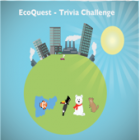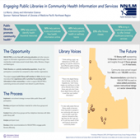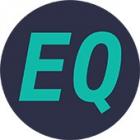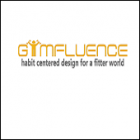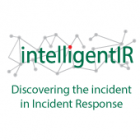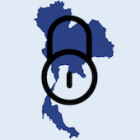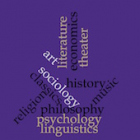
Digital Scholarship Needs Assessment
The development of robust support for digital scholarship--work that focuses on the juncture of technology and traditional humanities and social science scholarship--is an increasingly important role of academic libraries. UW students and faculty have been and are doing innovative work in this area, but
support from the library and other campus groups has been inconsistent. In consultation with the UW
Libraries' Digital Scholarship Task Group, we conducted a needs assessment of faculty and graduate
students working on digital projects. Through a series of focus groups, interviews, and reviews of
successful programs at other institutions, we have identified key needs as well as potential training and
tools to meet those needs. Our key recommendations include: dedicated physical space for scholars and faculty to do their work, centralized and visible support for those seeking guidance, project matchmaking to pair scholars with ongoing projects, front-loading programs early in the academic year, and institutional and leadership consistency.

